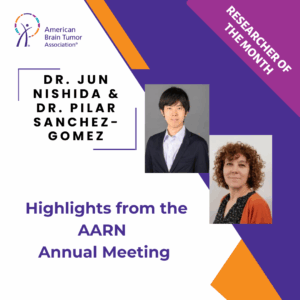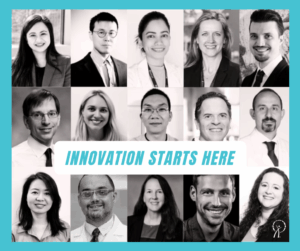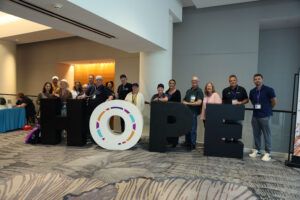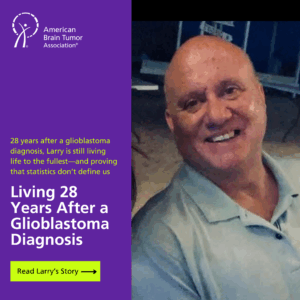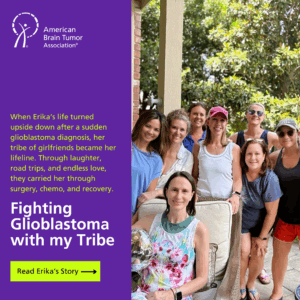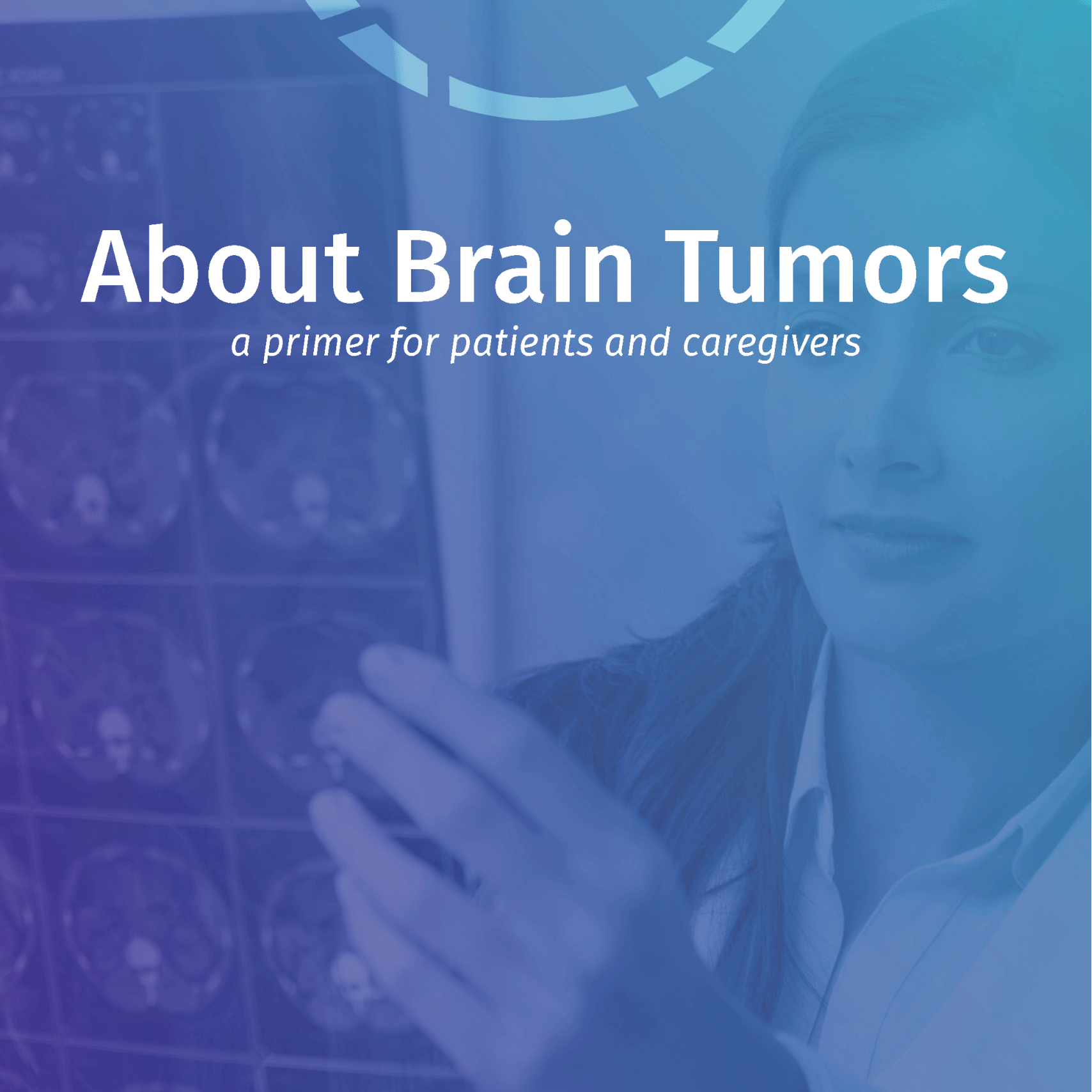Beth Kassab didn’t know what to expect when she signed up to volunteer at the ABTA’s National Conference. As a brain tumor survivor, former caregiver, and now a member of the ABTA’s Volunteer Leadership Advisory Council, she was no stranger to the realities of this disease.
But that didn’t make the idea of spending two full days focused on brain tumors any easier.
“In truth, I wasn’t even sure I’d enjoy it,” Beth admits. “On many days, I’m exhausted just by the thought of anything to do with brain tumors.”
Beth’s journey is both personal and powerful. She lost her husband to a Grade 4 Astrocytoma in 2022 after four and a half years of caregiving—years she spent learning everything she could about the disease that disrupted every part of their family’s lives.
On top of that, Beth herself was diagnosed with a benign brain tumor—a meningioma—seven years ago. Just a week before the conference, she had a follow-up MRI. Thankfully, everything looked stable.
So why show up to a brain tumor conference just days later?
Because, as Beth soon realized, she needed it.
“Something about being in a room filled with people who truly get it—patients, caregivers, researchers, doctors—it reminded me that none of us are in this alone,” she says. “This community is full of people who’ve been through the unimaginable and are still showing up, still finding ways to give back.”
That theme of resilience kept coming up again and again for Beth over the weekend. She was especially moved by the Spirit of Hope Award recipient, Sally Walker, who has raised over $200,000 for brain tumor research in memory of her daughter. At 82, Sally continues to walk in the ABTA’s BT5K and fundraise, all while baking cookies for her church and local hospice house.
“She placed a photo of her daughter on the podium when she accepted her award,” Beth recalls. “It was such a quiet, powerful moment. So many of us want to honor the people we’ve lost. Sally’s doing just that—and more.”
Beth also found comfort in seeing medical professionals outside of a clinical setting. “At the conference, you get to sit across from the doctors who are normally in white coats and under fluorescent lights. They’re human. They listen. They care deeply.”
One keynote that especially stood out for Beth came from radio personality Bryan Bishop and his wife, Christie. Diagnosed with an inoperable brain stem glioma 14 years ago, Bryan’s humor and honesty brought both laughter and real talk.
“They reminded us that life doesn’t go back to how it was,” Beth says. “It changes. But it can still be full and meaningful, even with the hard stuff.”
Looking back, Beth says attending the conference gave her a new kind of hope. Not the false kind that pretends everything is okay—but the grounded, shared kind that comes from connection.
“I left knowing I’ll be back,” she says. “And I hope others who are living with this—whether as patients, caregivers, or survivors—know that there’s a place for them here too.”
Beth’s commitment to this community doesn’t stop at volunteering. This year, she made a personal gift of $5,000 to the ABTA’s Financial Assistance Program, which helps brain tumor patients access critical support for travel, housing, and daily expenses during treatment.
“I know how hard this journey can be—not just emotionally, but financially,” she says. “If my gift can lift even a little bit of that burden for someone else, it’s worth it.” Beth hopes others will join her in giving, no matter the amount. “
Together, we can make sure no one has to go through this alone or unsupported.” To make your own impact, visit abta.org/donate.



